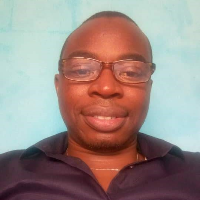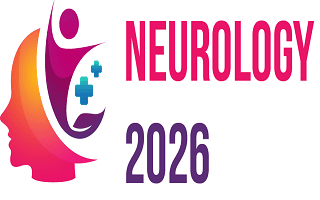4th International Conference on
Neurology & Neurological Disorders
October 15-16, 2026 | Paris, France

Address: Zone Hoteliere 2 Allee Du Verger Roissy En France, 95700, Paris, France
Neurology 2026

Kogi State College of Education, Nigeria
Abstract:
This paper explores the critical importance of embedding historical and cultural contexts into the design and deployment of AI-driven stroke interventions in Africa. While stroke remains a leading cause of mortality and disability across the continent, emerging AI technologies offer promising solutions for early detection, monitoring, and personalized care. However, many digital health innovations fail when they overlook socio-cultural factors, historical legacies, and epistemological frameworks rooted in African communities. Drawing on interdisciplinary literature, stakeholder insights, and a case study of the LafiaWatch wearable device, this study demonstrates how colonial health legacies, indigenous knowledge systems, and cultural perceptions of illness significantly shape user engagement and healthcare outcomes. The paper proposes a robust theoretical framework grounded in postcolonial studies and technology acceptance models to guide culturally attuned AI health design. Methodologically, it integrates historical analysis, qualitative field perspectives, and design thinking to propose a scalable, ethical, and inclusive intervention model. Through visual aids, stakeholder narratives, and an implementation roadmap, this research argues for a new paradigm of digital health—one that bridges past and future. It concludes by advocating for collaborative, multidisciplinary innovation that honors Africa’s unique histories while leveraging the transformative power of AI to combat stroke and strengthen health systems continent-wide.
Biography:
Richard Adewale Elewomawu is an early career researcher and lecturer at the Kogi State College of Education, Ankpa, Nigeria. With a strong academic interest in the History of Science, Technology, and Medicine, he holds a Master’s degree from Kingston University, London. His interdisciplinary research focuses on the socio-cultural determinants of disease in Nigeria, particularly stroke, and he is actively involved in advancing indigenous knowledge systems and AI applications in public health. He is currently the Principal Researcher on several community-based health innovation projects dedicated to developing wearable technologies and diagnostic tools tailored to African contexts.
